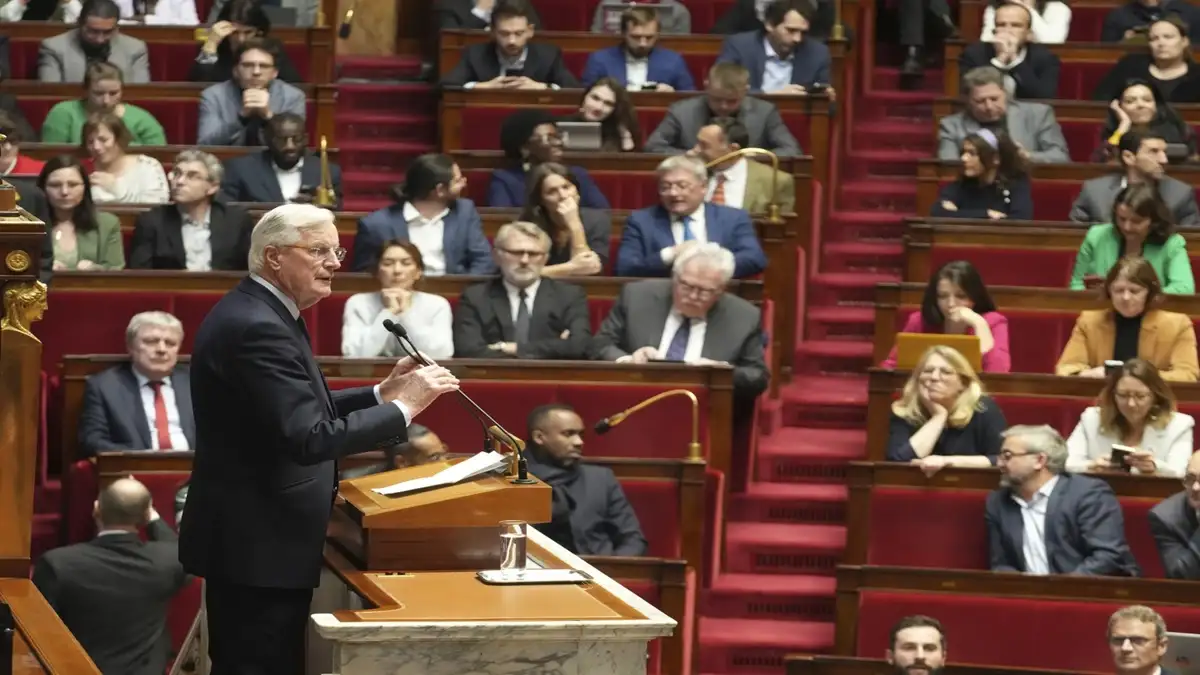
France Political Crisis: In a landmark political development, France’s Prime Minister Michel Barnier and his Cabinet have been compelled to resign following a no-confidence vote in the National Assembly. This marks the first such occurrence since 1962. The motion, initiated over budgetary disagreements, garnered 331 votes that surpassed the required minimum of 288. Meanwhile, President Emmanuel Macron has affirmed his intention to serve his term until 2027 despite the setback. However, he now faces the task of appointing a new Prime Minister, his second such appointment following July’s legislative elections, which resulted in a highly fragmented parliament.
The President’s office announced that Macron would address the nation on Thursday evening (local time), though further details have not been disclosed. Barnier is anticipated to submit his formal resignation by that time. A conservative appointed in September, Barnier becomes the shortest-serving prime minister in France’s modern Republic. “I can tell you that it will remain an honour for me to have served France and the French with dignity… This no-confidence motion…will make everything more serious and more difficult. That’s what I’m sure of,” Barnier said in his final speech before the vote,” Barnier said in his final speech before the vote.
Why was no-confidence vote brought?
Wednesday’s crucial vote rose from fierce opposition to Barnier’s proposed budget. The National Assembly, France’s lower house of parliament, is deeply fractured, with no single party holding a majority. It comprises three major blocs: Macron’s centrist allies, the left-wing coalition New Popular Front, and the far-right National Rally. Both opposition blocs, typically at odds, are uniting against Barnier, accusing him of imposing austerity measures and failing to address citizens’ needs.
Macron faces political gridlock as amid no-confidence vote
French President Macron is now tasked with appointing a new Prime Minister following the historic no-confidence vote in the National Assembly. However, the deeply divided parliament, a result of July’s legislative elections, remains unchanged which will potentially complicate future policymaking. With no new legislative elections possible until at least July 2025, the stalemate raises concerns about effective governance. Speaking earlier this week during a visit to Saudi Arabia, Macron dismissed speculation about his own resignation, calling such discussions “make-believe politics,” as reported by French media.
It is pertinent to mention here that France is under pressure from the European Union to reduce its colossal debt. The country’s deficit is estimated to reach 6% of gross domestic product this year and analysts say it could rise to 7 per cent next year without drastic adjustments. The political instability could push up French interest rates, digging the debt even further. France has also seen bond market borrowing costs rise, bringing back ugly memories of the Greek debt crisis and default in 2010-2012.
(With inputs from AP)